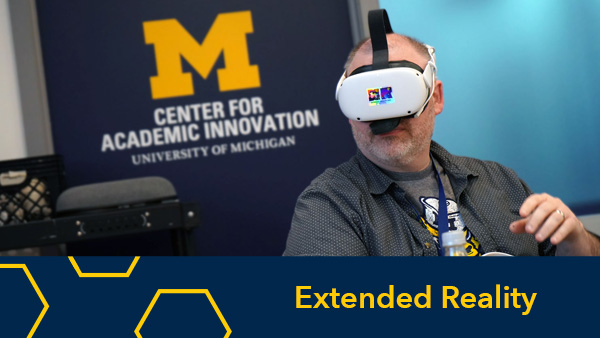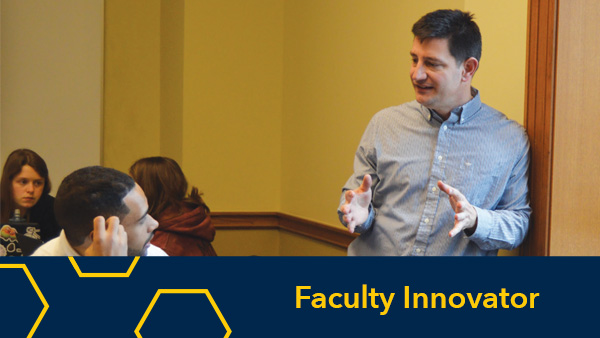Kush Dawar, Engagement Management Fellow
Yuting Luo, Learner Engagement Assistant
Bryon Maxey, Engagement Manager
In September, 2019, the Center for Academic Innovation announced a new partnership with FutureLearn, a UK-based online learning platform, and in October, three courses, Programming for Everybody, Successful Negotiation, and Sleep Deprivation Teach-Out launched on FutureLearn.
At the same time, course facilitators from the Learner Engagement team also started to monitor courses and assisted in providing a satisfying learning experience for learners on FutureLearn. We are excited about our partnership with FutureLearn, and are eager to gain a deeper understanding of learners on FutureLearn to accomplish our goal of creating an active and participatory learning environment.
FutureLearn supports large-scale online education on the basis of a social constructivist pedagogy. The platform provides learners social learning experiences by prompting conversations where learners can share ideas and learn from others’ comments (Sharples & Ferguson, 2019). FutureLearn employs two different methods to encourage interactions between learners: comments and discussions. Every “step” has a “Comments” field where learners can initiate conversations after viewing the corresponding course material. A discussion is an independent “step” where learners can reflect on their learning outcomes or experiences after a period of study. These two approaches enhance learner interactions with their peers and facilitators.
According to our course data from FutureLearn, more than 17,000 learners from around the world joined our courses on FutureLearn and more than 15,000 comments have been posted (as of Nov. 25, 2019). Compared to Coursera and edX, where most of our learners reside in the United States of America and India, our courses on FutureLearn are reaching a more global audience, including more learners from Britain and Australia.
Commenting on each “step” is a great way to increase course participation, however, it does pose some challenges due to the increased amount of required work of facilitators as they have to manually go through comments in each “step” to ensure learners receive appropriate and timely feedback. One of the great features about the platform is that it provides moderator support in every course and allows university partners to have their own facilitators. The “Facilitation dashboard” for the course team — which contains an overview of learner activities, top conversations, and end-of-week ratings — makes it easier for a facilitator and a course creator to have a visualisation of course interactions across hours, days, or weeks.
We are really excited about our new partnership with FutureLearn. It allows us to dynamically engage with our diverse learners and benefit from interacting with the volume and variety of global learners. There will be more opportunities — and challenges — in the future, but we are continuously seeking to foster engaging, respectful, and active learning experiences for our learners across the world.
References:
Sharples, M., & Ferguson, R. (2019). Pedagogy-informed design of conversational learning at scale.


